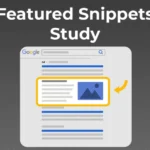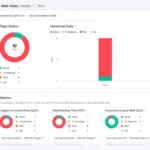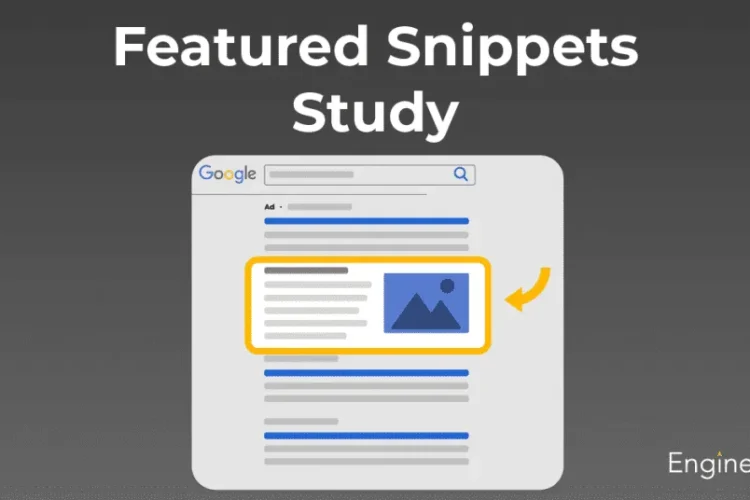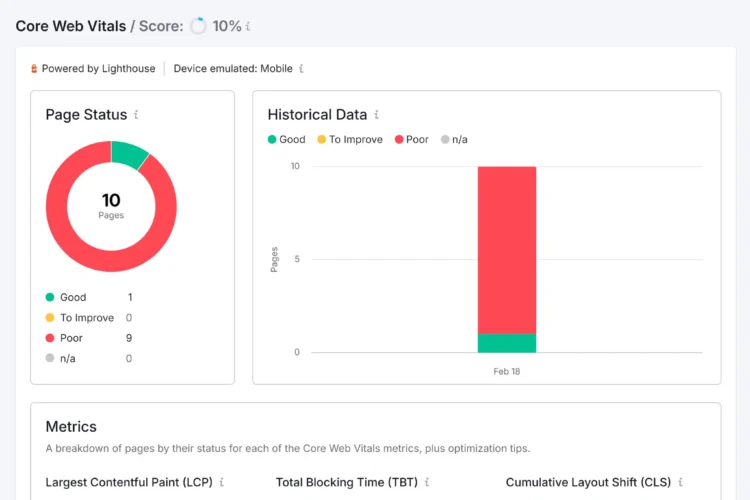
Introduction
In 2026, the SaaS (Software as a Service) industry is more competitive than ever. With hundreds of solutions available for nearly every niche, SaaS companies must stand out online to attract qualified leads.
One of the most cost-effective ways to do this is through SEO (Search Engine Optimization). By ranking high in search results for relevant keywords, SaaS companies can drive organic traffic, build authority, and generate leads without relying solely on paid ads.
In this guide, we’ll explore proven SEO strategies tailored for SaaS businesses, along with actionable tips to convert traffic into high-quality leads.
1. Understand Your Target Audience and Buyer Personas
SEO success starts with understanding who your ideal customers are. For SaaS companies, it’s not just about traffic — it’s about qualified traffic that converts.
- Define Buyer Personas: Identify industries, roles (e.g., marketing managers, CTOs), and pain points.
- Map Keywords to Personas: Different personas search differently. Example: “Project management software for startups” vs. “Enterprise project management solution.”
- Focus on Intent: Target informational keywords for awareness and transactional keywords for conversions.
💡 Tip: Use tools like Ahrefs, SEMrush, or Google Search Console to discover high-intent keywords your audience is searching for.
2. Optimize Your Website Structure for SEO
A well-organized website improves crawlability, user experience, and lead generation.
- Clear Navigation: Group pages by topic (Features, Pricing, Case Studies, Blog).
- Internal Linking: Link blog posts to product pages to guide users down the funnel.
- SEO-Friendly URLs: Keep URLs short, descriptive, and keyword-rich.
- Mobile Optimization: Ensure pages load quickly and are responsive — crucial for Google’s mobile-first indexing.
💡 Pro Tip: Use structured data/schema markup for software features, reviews, and FAQs to improve rich snippet visibility.
3. Content Marketing Strategy for SaaS SEO
Content is a cornerstone of SaaS SEO. It drives organic traffic, builds trust, and generates leads.
Types of Content to Focus On:
- Blog Posts: Target long-tail keywords and solve industry-specific problems.
- Case Studies & Testimonials: Show real results to attract leads and improve trust signals.
- Comparison Pages: Create “X vs. Y” pages to capture high-intent search traffic.
- How-To Guides & Tutorials: Educate potential users and demonstrate product value.
- Webinars & Whitepapers: Offer gated content to capture leads while ranking for SEO keywords.
💡 SEO Tip: Focus on pillar content and topic clusters — central hub pages linking to related blog posts — to improve authority and ranking.
4. Link Building for SaaS SEO
Backlinks signal authority and help SaaS websites rank higher.
- Guest Blogging: Contribute to reputable industry blogs with a link back to your site.
- Partnerships & Collaborations: Partner with other SaaS companies for mutual link opportunities.
- PR & Press Mentions: Share product launches or success stories for natural backlinks.
- Resource Pages: Offer free tools, templates, or guides to attract organic links.
💡 Tip: Focus on high-quality links from authoritative sites rather than quantity.
5. Optimize for Technical SEO
Technical SEO ensures your site is search engine friendly and performs well.
- Page Speed Optimization: Compress images, use caching, and optimize code.
- Fix Crawl Errors: Regularly check Google Search Console for errors or broken links.
- HTTPS & Security: Secure websites improve trust and rankings.
- Sitemap & Robots.txt: Ensure search engines can efficiently crawl and index your site.
💡 Pro Tip: Regular technical audits prevent SEO issues that can impact organic lead generation.
6. Convert SEO Traffic into Leads
High traffic alone isn’t enough — SaaS companies need effective lead conversion strategies:
- Clear CTAs: Use clear call-to-actions on blogs, landing pages, and guides.
- Gated Content: Offer eBooks, whitepapers, or templates in exchange for email addresses.
- Live Chat & Chatbots: Engage visitors immediately to answer questions and capture leads.
- Trial Sign-Ups & Demos: Optimize your landing pages for conversions from SEO traffic.
💡 Tip: A/B test landing pages and CTAs to continuously improve conversion rates.
7. Measure SEO Performance and ROI
Tracking metrics is crucial to ensure SEO efforts generate leads and revenue. Key metrics for SaaS SEO:
- Organic traffic growth
- Keyword rankings for high-intent keywords
- Conversion rates from landing pages
- Leads captured via forms, downloads, and demo requests
- Engagement metrics (time on page, bounce rate, pages per session)
💡 Tip: Use Google Analytics, HubSpot, or SEMrush to monitor SEO performance and adjust strategies based on data.
Our Services SEO Services in Ranchi | SEO Services in Kolkata | SEO Services in Gorakhpur | SEO Services in Bhopal
FAQs
1. Can SaaS companies benefit from targeting long-tail keywords?
Yes. Long-tail keywords attract high-intent visitors who are closer to making a purchase, which increases the likelihood of generating qualified leads.
2. How often should SaaS companies update their SEO strategy?
SEO is dynamic. SaaS companies should review keyword performance, content, and technical SEO every 3–6 months to adapt to search trends and algorithm updates.
3. Can SEO help SaaS companies reduce paid advertising costs?
Absolutely. Effective SEO drives organic traffic, reducing reliance on paid campaigns while still attracting qualified leads, lowering overall customer acquisition costs.
4. Is blog content really effective for SaaS lead generation?
Yes. Blog posts targeting specific pain points and use cases educate potential customers, improve rankings, and drive organic leads to product pages or trial sign-ups.
5. How can SaaS companies use case studies for SEO?
Case studies demonstrate real results, attract backlinks, and provide content for long-tail keyword targeting. They also build trust, making visitors more likely to convert into leads.
Conclusion
SEO is one of the most powerful strategies for SaaS companies to generate leads organically in 2026. By combining keyword research, content marketing, technical SEO, link building, and conversion optimization, SaaS businesses can rank higher, attract qualified traffic, and increase revenue without solely relying on paid advertising.
Remember: SEO for SaaS isn’t just about rankings — it’s about targeting the right audience, building trust, and converting traffic into high-quality leads.





